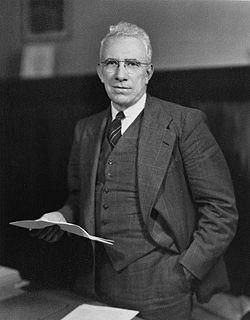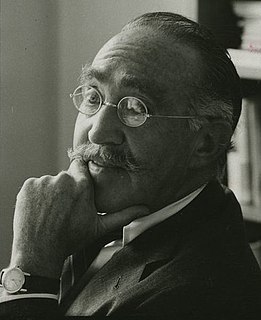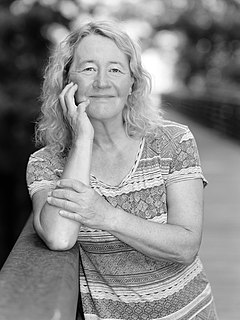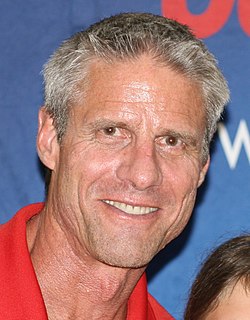A Quote by Richard M. Nixon
It is sad that it was necessary that Santa Barbara should be the example that had to bring it to the attention of the American people. What is involved is the use of our resources of the sea and of the land in a more effective way and with more concern for preserving the beauty and the natural resources that are so important to any kind of society that we want for the future. The Santa Barbara incident has frankly touched the conscience of the American people.
Quote Topics
Related Quotes
There is no question in my mind that if we summon our resources, both our leadership resources and all of the tools at our disposal, not just military force, which should be used as a last resort, but our diplomacy, our development aid, law enforcement, sharing of intelligence in a much more open and cooperative way. We can bring people together, but it cannot be an American fight.
It's a new day at the Department of Interior, and we need to examine what makes the most sense for the American people. These are American resources and American treasures, and we need to make sure we're providing the right kind of protection, oversight and stewardship of these resources for the American people.
Our supplies of natural resources are not finite in any economic sense. Nor does past experience give reason to expect natural resources to become more scarce. Rather, if history is any guide, natural resources will progressively become less costly, hence less scarce, and will constitute a smaller proportion of our expenses in future years.
Suddenly the land is haunted by all these dead Indians. There is this new fascination with the Southwest, with places like Santa Fe, New Mexico, where people come down from New York and Boston and dress up as Indians. When I go to Santa Fe, I find real Indians living there, but they are not involved in the earth worship that the American environmentalists are so taken by. Many of these Indians are interested, rather, in becoming Evangelical Christians.
England never felt claustrophobic for me at all. I think it would feel more difficult for me if I lived in mainland Europe. America I think is really easy because Los Angeles has film stars everywhere and musicians and Santa Barbara a lot of people have homes there even if they don't live there. You are kind of inconsequential, no one cares.

































